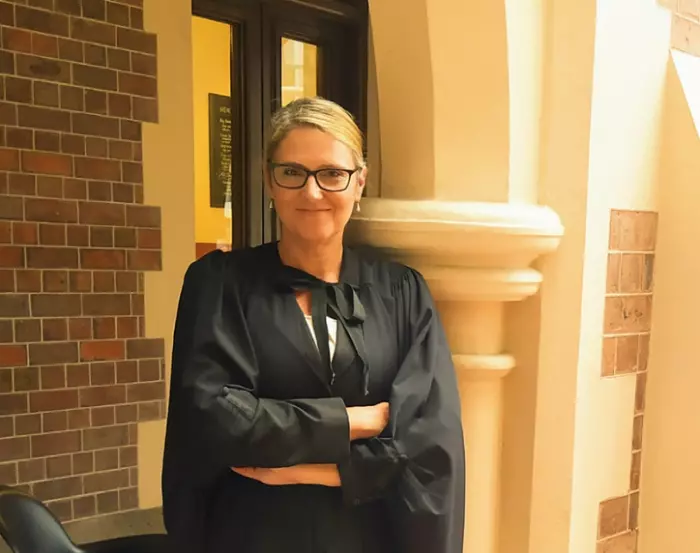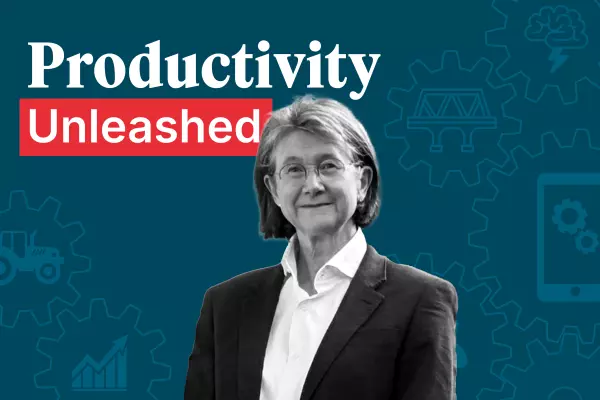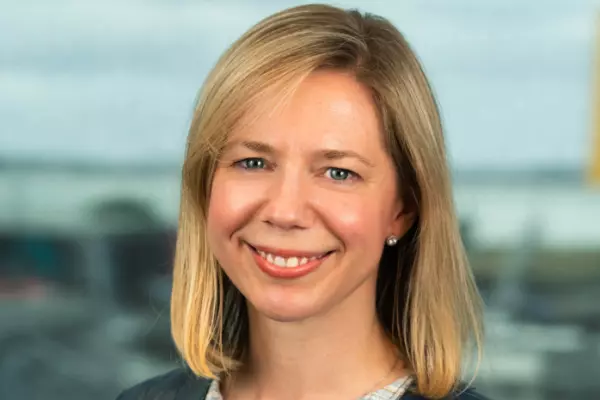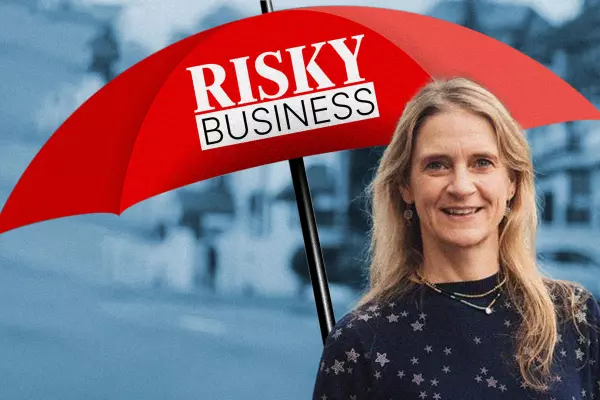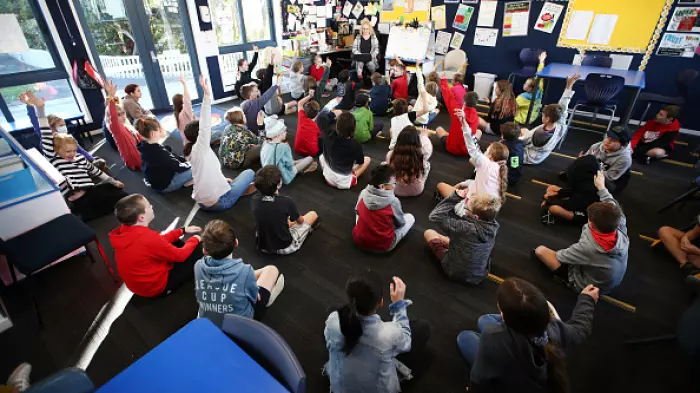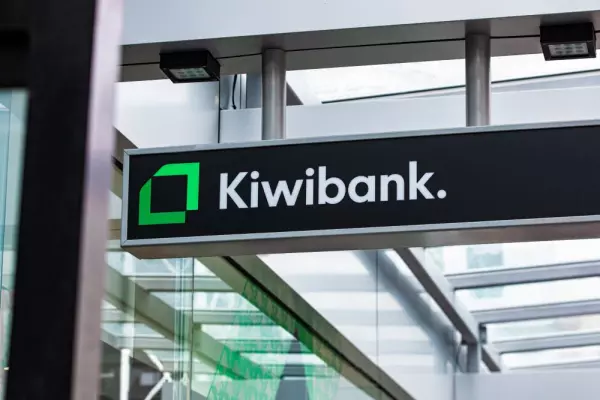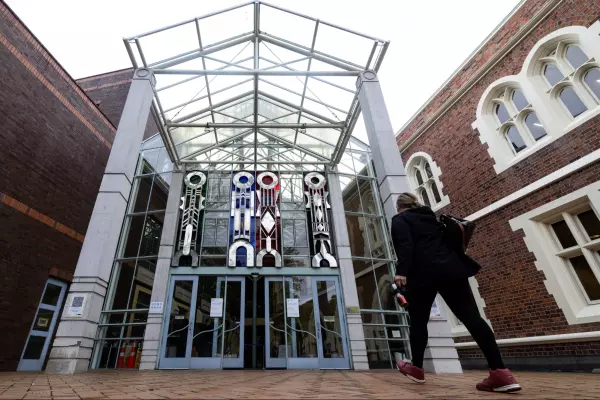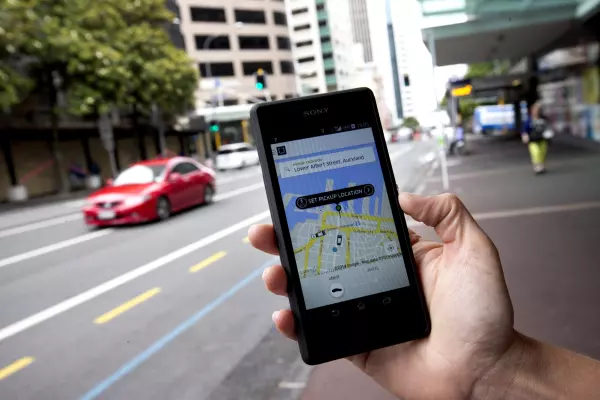The minister for covid response had misunderstood the nature of religion when imposing restrictions against religious gatherings as part of New Zealand’s covid response, the high court at Wellington heard today.
A group of 15 churches, mosques and an Anglican minister are seeking a judicial review against the requirement for attendees to be vaccinated in religious gatherings.
The case is being heard before Justice Cheryl Gwyn in parallel with a case brought by the Free to Be Church Trust. The first group’s case is against the minister for covid-19 response, Chris Hipkins, and the director general of health, Ashley Bloomfield.
The 15 groups argue that the covid-19 public health response order violated their religious freedoms under the 1990 Bill of Rights.
Madeleine Flannagan and Graeme Edgeler represented them.
Edgeler told the court there were two parts to his client's case. The first was the legality of the restrictions on religious gatherings. While parliament had given the minister for covid the authority to make orders, it did not give him the right to make orders that undermined the Bill of Rights.
The second argument was that the minister had misunderstood the importance of the right to practice religion.
“There is a statutory right to manifest religion just as there is for education.”
The religious groups' argument was that religious organisations were wrongly grouped with general gatherings in the mandate legislation instead of with schools, supermarkets and public transport, Edgeler said.
Flannagan said the heart of her clients’ concern was whether the minister had misunderstood the nature of religions as a fundamental right.
“The reason why, is how important religion is for the applicants They believe in God, the one true God, the creator of heaven and earth,” she said.
This underpinned every aspect of their lives and they were obliged to follow God’s teachings, Flannagan said. It was equally true for Muslims and Christians.
Theology
In Islam, the mandate impacted on their ability to allow anyone who would come to be able to do so, Flannagan said.
The command in Islam was that adherents must pray five times a day and because of space limits, it wasn’t possible for mosques to accommodate everyone.
For the Christian applicants, there was the concept of gathering without excluding people, and not being afraid even when times were dangerous or even with infectious illness. The example was set by Christ himself who went to those people and did not exclude them, according to Flannagan.
“Christianity and Islam have been so important that people have died for it. They have been fed to lions,” she said.
Edgeler said the points of dispute were fairly narrow and the applicants had not disputed the imposition of the earlier level 1 to 4 covid lockdown system, which they had complied with and sometimes had not gathered at all. However, since the transition to the traffic light system less restrictive options were available than exclusion.
Excommunication
The applicants had previously submitted that excluding unvaccinated people from places of worship amounted to excommunication. This was historically a right that could not legitimately be surrendered to the government.
Justice Gwyn questioned whether exclusion amounted to excommunication. A definition might have been better found from canonical law than from the views of the applicants.
Setting a precedent
Edgeler said setting a ruling in this case would provide guidance for any future pandemic outbreak.
However, Justice Gwyn pointed out that the context of a future event would be very different, which would limit the usefulness of such legal precedent.
Edgeler responded that it would help set a precedent that the practice of religion was a basic right.
The court will next hear submissions from the Free to Be Church Trust, who have named Hipkins as a respondent but not Bloomfield.
Crown lawyers will then make their submissions in the case.
The case is continuing.
Speaking outside court, Flannagan wanted to stress that none of the applicants were anti-vaccination.
One applicant, the Life Church of Manuwera, had carried out a vaccination drive, she said.
The applicants consist of the following faith-based organisations:
- Orewa Community Church, interdenominational church, Orewa.
- Al Hikmah Trust, registered charity and mosque, Auckland.
- Saint Anthony’s Catholic Church, Whanganui.
- Bridges Church, non-denominational church, Cambridge.
- C3 Churches, Evangelical church, Taupo and Saint Martins.
- Central Worship Centre Church, interdenominational church, Auckland.
- City Impact Churches, Pentecostal church, Auckland.
- Connect Church, evangelical Pentecostal church, Paraparaumu.
- Curate Churches, independent Christian church, Mount Maunganui.
- Encounter Churches, independent Pentecostal church, Auckland.
- Equippers Auckland Trust, Pentecostal Church, Auckland.
- Life Churches, Christian church of 24 Maich Road, Manurewa.
- New life Churches, national Evangelical Pentecostal church, Paraparaumu.
- Papatoetoe Community Church, Christian church, Auckland.
- Johnny Grant, Anglican vicar, Auckland.


